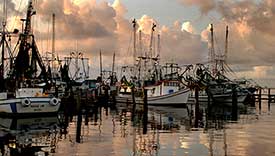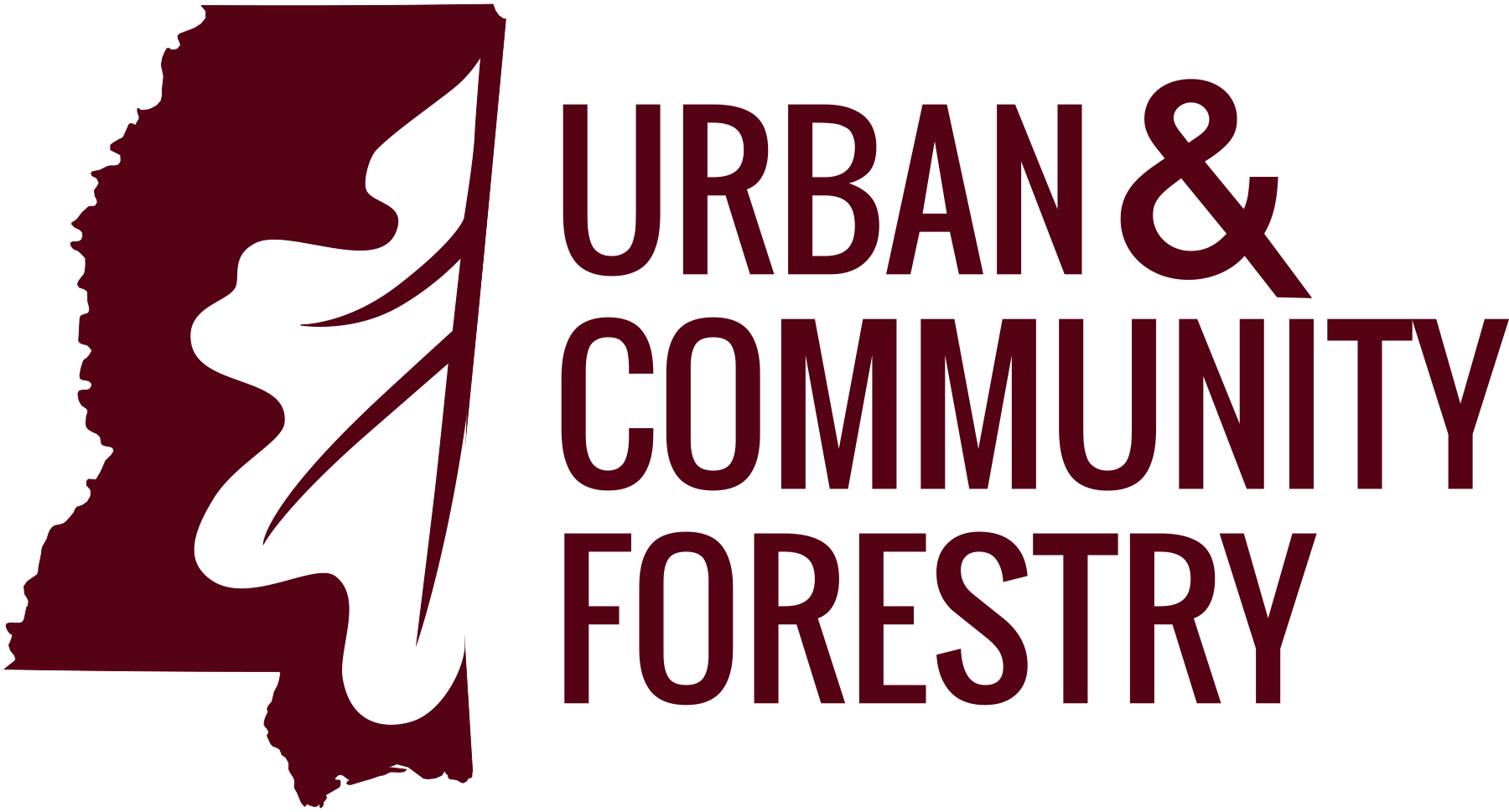Water is a resource of international concern. From a glass of water on a hot day to the devastation caused by flooding, water touches our lives in numerous ways. Agents and specialists with the MSU Extension Service help Mississippians with water issues such as crop irrigation, conservation, waste management, recreation, water associations, and wells, providing them with science-based information to meet their needs.
No one really likes to talk about trash or ways to deal with human and animal waste. But when you look around, it’s easy to see how managing sewage, trash, litter, and animal byproducts is an important part of keeping Mississippi beautiful. Whether it’s practicing a “leave no trace” policy when you go hiking and camping or finding ways to deal with livestock waste on the farm, MSU experts share research-based information to help Mississippians make practical decisions.
Streams, ponds, and rivers. Forestlands, farmlands, and wetlands. Wildlife and fisheries. Mississippi has abundant and diverse natural resources, and many people in the state leverage these resources for business and pleasure. The MSU Extension Service works with stakeholders, state agency partners, and citizens of all ages to explore, study, manage, and conserve these natural resources while finding ways to put them to use in positive ways.
In addition to being the cultural and historical foundation for many coastal communities, the Mississippi seafood industry is a major contributor to the regional economy.
The Mississippi seafood industry has an annual economic impact of over $377 million and provides employment for over 8,500 people. Major species produced are shrimp, crabs, oysters, and finfish.
Mississippi Seafood Industry
The seafood industry comprises commercial harvesting, processing, importing, wholesaling, and retailing establishments.

Plants from a variety of habitats have made their way to Mississippi, whether through deliberate means or by accident. As invasive species, they often thrive to the point of pushing out native plants. Whether a non-native species is considered a beautiful addition to the landscape or an out-of-control weed, experts and agents with MSU Extension provide Mississippians with the information they need to make decisions about the plants in their environment.

Urban and community forestry is a relatively new branch of forestry. The term was coined in 1970, and since then, urban forestry has grown steadily.
Rabbit Production
Many persons are interested in caring and raising rabbits as a backyard activity. The rabbits may be kept as pets, show animals, or commercially grown as a food commodity. The producer may want to keep only a few rabbits or produce several thousand each year. The care and management of rabbits is attractive to youth as a club project.
